Welcome to DU!
The truly grassroots left-of-center political community where regular people, not algorithms, drive the discussions and set the standards.
Join the community:
Create a free account
Support DU (and get rid of ads!):
Become a Star Member
Latest Breaking News
Editorials & Other Articles
General Discussion
The DU Lounge
All Forums
Issue Forums
Culture Forums
Alliance Forums
Region Forums
Support Forums
Help & Search
Cooking & Baking
Related: About this forumUse the Tools You Have, and Get the Tools You Need - Bee Wilson 🌞
Use the Tools You Have, and Get the Tools You Need‘A good cooking stove . . . is one at which it is
possible to cook without crying.’
Carl Friedrich von Rumohr, 1822
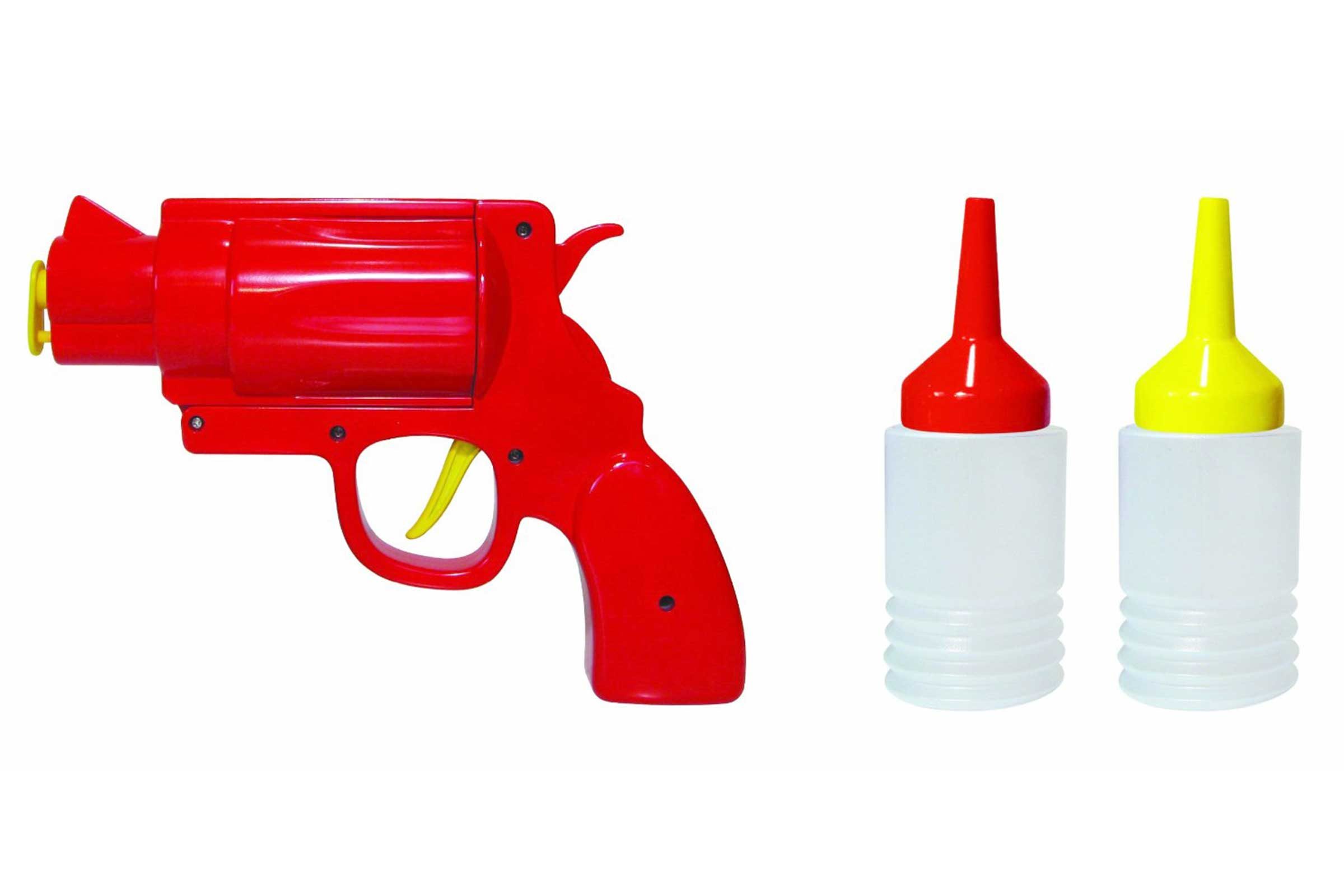
Out of all the kitchen tools for sale, how do you choose the ones that will
actually help you when you need them? ‘Have nothing in your house that
you do not know to be useful or believe to be beautiful,’ said the great
Victorian designer William Morris in 1880. It’s still great advice, after all
these years. But when it comes to cookware, I would add that you should
have nothing in your kitchen that you find a pain to use or that you can’t
bear to wash up or which gives you twinges of guilt (electric juicers, I am
looking at you on all three counts). I used to have a deluxe castle-shaped tin
for making bundt cake. It would have passed the Morris test. I can’t deny
that it was both beautiful and useful. This cake tin looked like the
sandcastle of my childhood dreams, cast in heavy aluminium. It was useful,
too: when I poured in the cake batter, it baked evenly and efficiently and the
cakes it produced made my children gasp in wonder. But how I hated
washing that thing up. Crumbs would cling to every crevice and turret.
It has now left my kitchen and is languishing with some roller-skates in a
cupboard near the boiler until I decide its ultimate fate.
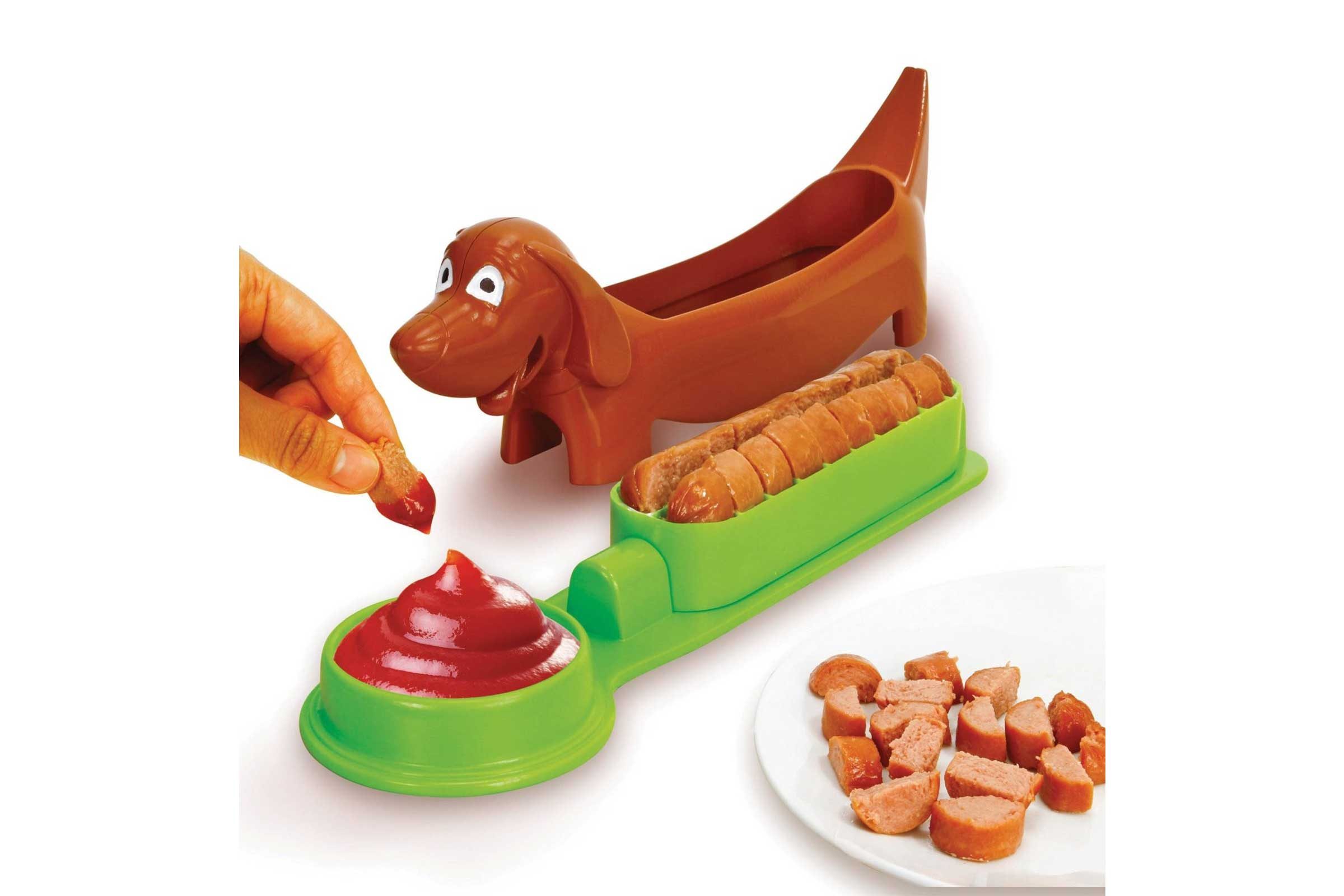
The most important thing about any given kitchen tool is that it should
make you enjoy everyday eating and cooking more rather than less. I feel
that the cooking guru Baron von Rumohr had it right in 1822 when he
wrote that a good cooking stove was one at which it was possible to cook
without crying. He was referring to the smokiness that bedevilled the coal
fired cookstoves of the time. But the no-crying rule has more general
application. Cooking is a deeply personal business and one person’s garlic
press is another person’s potato ricer. It doesn’t matter how highly
recommended a gadget may be, or how much it cost. Unless it makes your
life easier, it is as good as useless. Someone who is left-handed or someone
with arthritis may benefit from very different tools than other cooks. A tool
needs to feel right in your own hand, you need to be able to decipher the
instruction manual and you also need to be certain that there is space for it
on your counter-top or in your drawers.
Go through every item in your kitchen and ask yourself six questions:
1. Do I find it beautiful?
2. Is it useful?
3. Do I like the way it makes me feel when I use it?
4. Can I bear to wash it up?
5. Does it do anything I can’t do better with a knife and my own hands?
6. Do I have room for it?
Anything that gets all or mostly ‘Nos’ needs to go. Yes, even if it was
given to you as a wedding present. The person who gave it to you would
honestly never need to know. If they come round and are cheeky enough to
ask what you did with it, say it was so great that you lent it to a friend.
Next, go through duplicates and consider how many you really need of a
given item such as lemon squeezers or pastry brushes or even wooden
spoons. There are only so many spoons a person needs. Give away the ones
that you never reach for and the ones that are left will suddenly seem extra
special: like the chosen ones. There are few things more satisfying than a
kitchen clear-out because what you are left with at the end is something
more precious than any labour-saving gadget: cupboards that actually shut.
The choice of the ‘best’ kitchen tools is not always a logical business.
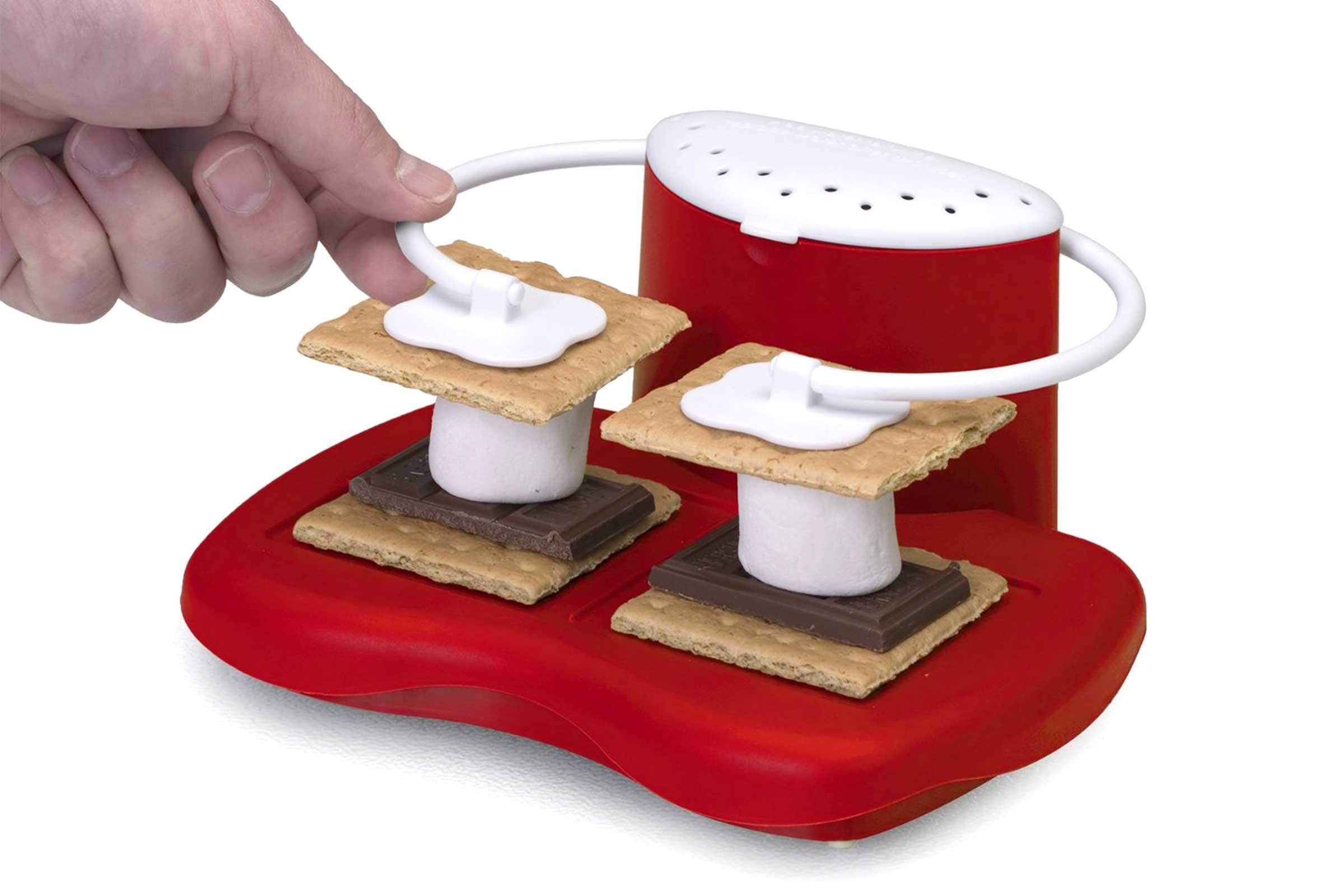
For years, I had a futile running argument with my mother about vegetable
peelers. In my view, one of the greatest tools ever invented is the ergonomic
swivel-bladed vegetable peeler because it makes the task of peeling fruits
and vegetables – something I do every single day, give or take – both more
pleasurable and much quicker. But my mother – who learned to peel
potatoes with a blunt paring knife – never saw the point of peelers. It used
to drive me crazy to watch the way she peeled the pear for her breakfast,
which she ate every morning in a ritualistic fashion, after her coffee and
toast. She would take an ordinary blunt table knife – or sometimes an
equally blunt paring knife – and gouge at the fruit, taking away a thick layer
of the flesh along with the peel. But eventually – after she stubbornly
refused to use several vegetable peelers which I gave her as gifts – I
realised that she would never change. Whether it was efficient or not,
peeling a pear with her dear old table knife made her happy.
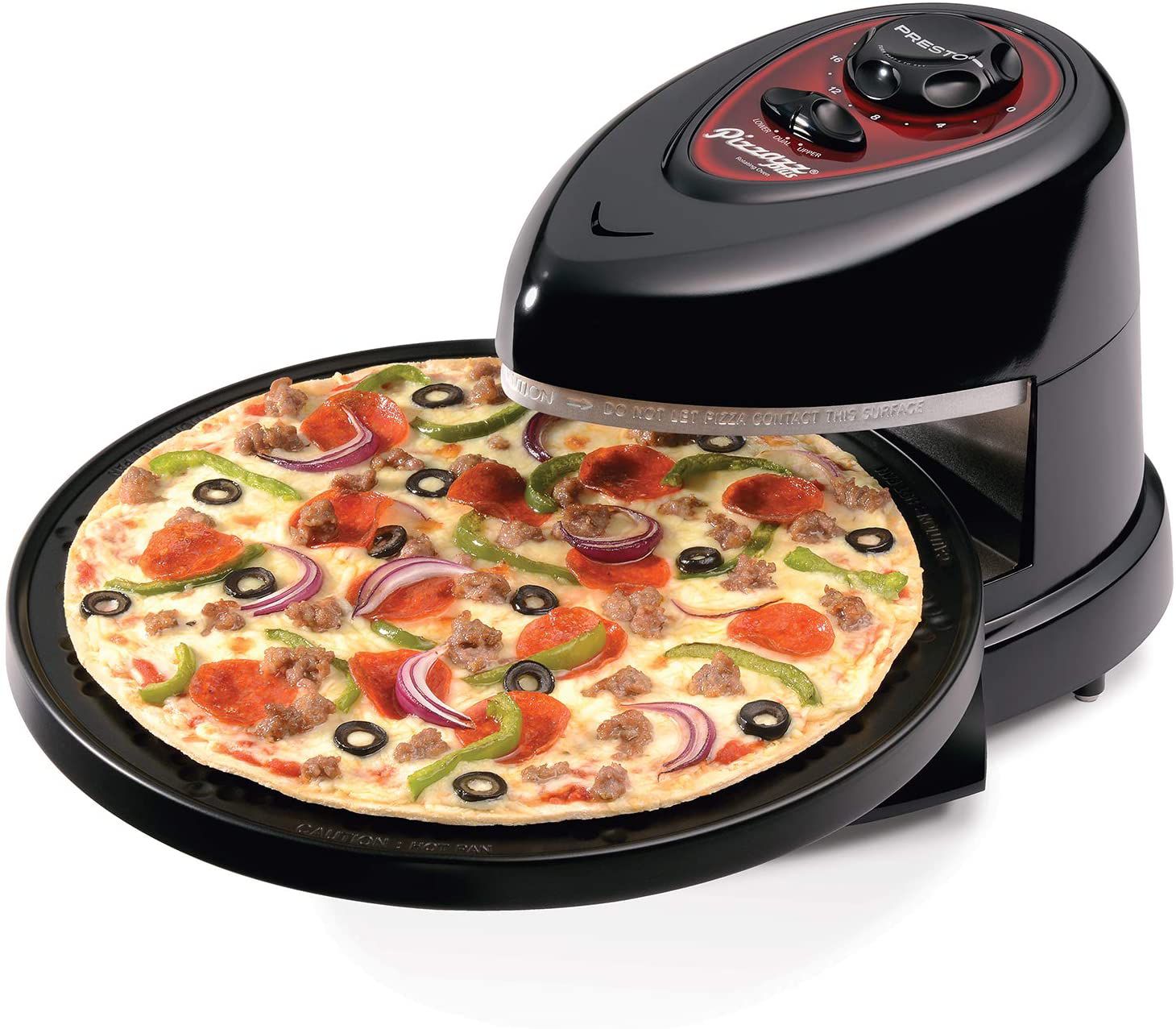
Mistrust any guru who suggests that good cooking cannot start until you
have spent thousands on shiny cookware. You don’t need a lot of gadgets or
a big kitchen to cook a delicious meal. Consider India, where millions of
home cooks still produce miraculously varied and flavoursome meals every
day with no oven, no countertops, no fancy electrical gizmos, no fridge and
no kitchen sink, never mind an espresso machine or glossy stand mixer
costing hundreds of pounds. According to food writer Julie Sahni, as of
1980, cooking in most Indian homes was done on a wood or coal-burning
stove while sitting on a low stool or ‘from a squatting position on the floor’.
The traditional Indian kitchen contained nothing but a heat source, some
pans and griddles and chopping boards, a few knives and sieves and graters,
spoons for stirring, a wooden rolling pin for flatbreads, a grind-stone and a
woman with the skill and energy to bring all these tools to life.
Having said this, when given the choice between an easier way of doing
something and a harder way, most traditional cooks would quite naturally
choose the easier way. There is no point in making life more of a grind than
it needs to be just because we have some romantic ideas about what
‘handcooked’ food should be. Julie Sahni describes how transformative it was to
discover ‘the virtues of the phenomenal food processor’ for speeding up
Indian dishes by making ginger-garlic purée, or reducing onions to ‘wafer thin
shreds’ or mixing the dough for flatbreads. Never hesitate to go high-tech with
kitchen tools when it makes your life easier.
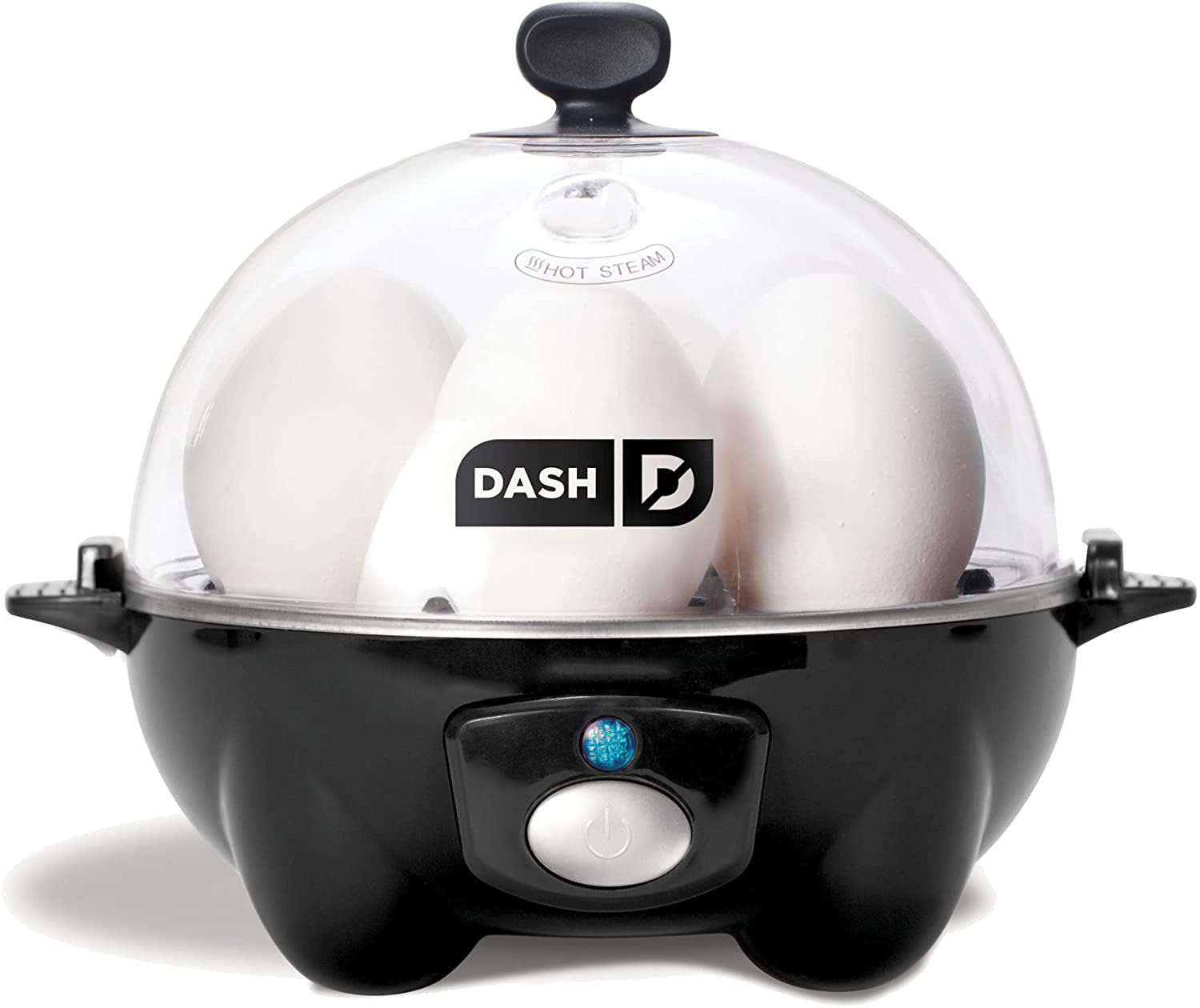
I can’t imagine cooking without my cheap hand-held stick blender,
my battery-operated digital scales and my electric whisk. My food
processor and my Instant Pot (of which more, later) are also beloved
friends. And though I never thought I would say this, I’m endlessly grateful
to my microwave oven for its ability to melt chocolate without a double
boiler, soften butter for making cakes and reheat leftovers. My microwave
would pass the William Morris usefulness test (if not the beauty one).
Then again, it would be a mistake to assume that the high-tech way is
always better, or quicker, or that it leads to a more enjoyable time in the
kitchen. Once a gadget enters your house, you have to find space for it, and
many expensive electrical gizmos cause more trouble than they solve. As
food writer Sarah Beattie has remarked, ‘Do stop and think . . . sometimes a
knife is quicker.’
From "The Secret of Cooking"
https://www.goodreads.com/book/show/77264998-the-secret-of-cooking